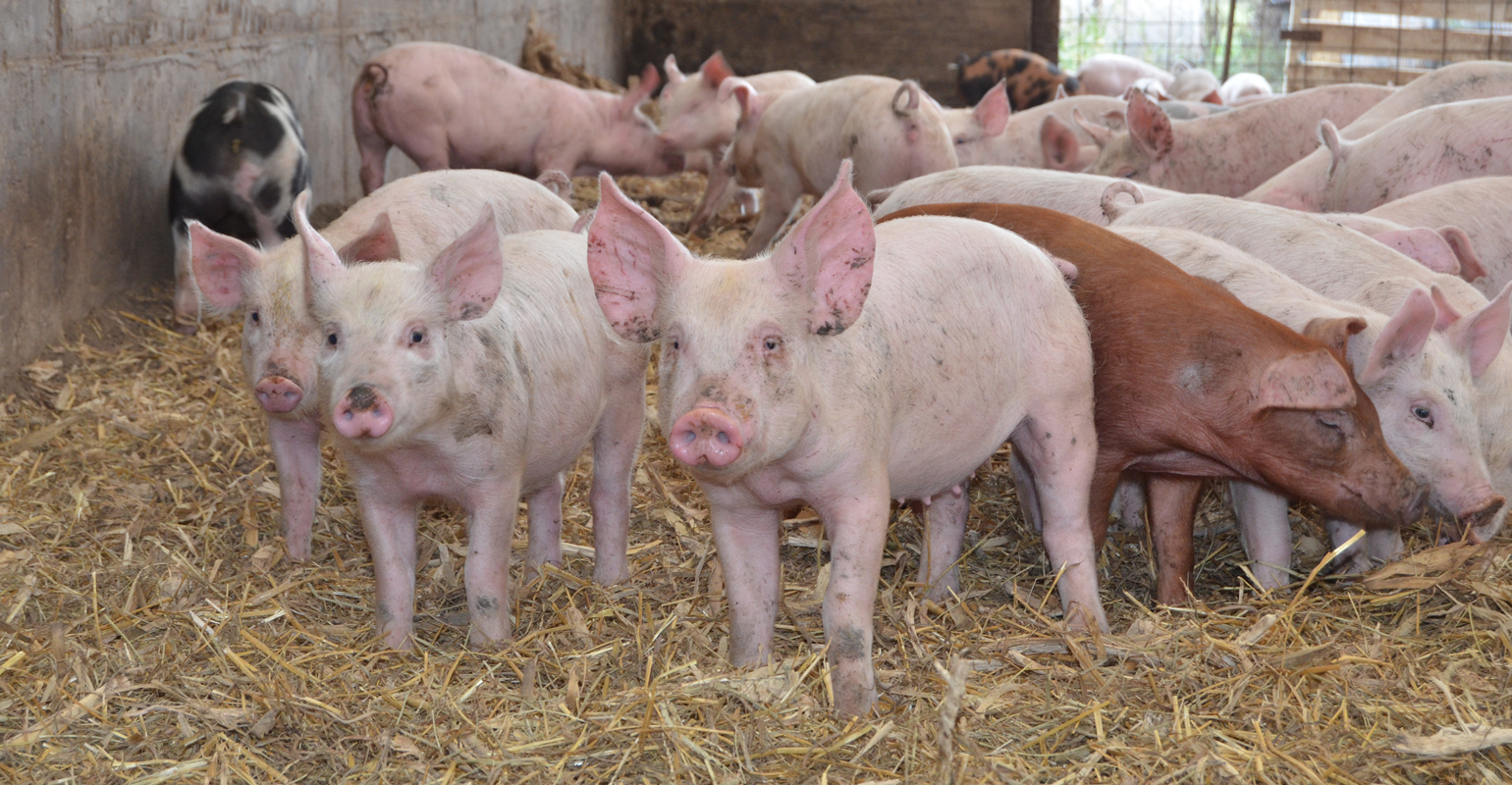Last year, the American Farm Bureau Federation (AFBF) and National Pork Producers Council (NPPC)...
Pork producers, Farm Bureau go to Supreme Court over California’s Prop 12

The fight over California’s animal housing law, Proposition 12, could be decided by the Supreme Court if it takes up a petition submitted by the National Pork Producers Council and American Farm Bureau Federation.
The groups are seeking review of a decision from the U.S. Court of Appeals for the Ninth Circuit that found the law did not violate the “dormant Commerce Clause” by imposing housing requirements for pork shipped into the state.
The “dormant Commerce Clause” refers to the prohibition, implicit in the Commerce Clause, against states passing legislation that discriminates against or excessively burdens interstate commerce, according to Cornell Law School’s Legal Information Institute.
The petition says the law substantially burdens interstate commerce, noting that California residents consume 13% of the nation’s pork, but 99.9% of pork sold in the state derives from sows raised out-of-state.
A previous attempt to get the issue before the court failed in June when the court turned down a petition filed in a separate case by the North American Meat Institute. Odds don’t favor the Supreme Court taking up this appeal.
Minnesota Pork CEO David Preisler told Brownfield News Network that there are usually about 5,000 cases applied to the High Court each year. “Somewhere around 100 of them are actually heard every year, so it’s certainly no guarantee that it actually gets to be heard. We do think that there are some important legal issues here that need to be settled by the court regarding what’s called a Commerce Clause.” Preisler says if the Supreme Court does decide to hear the Prop 12 petition, the case probably wouldn’t begin until sometime next year. He says the biggest problem with Prop 12 is that it would force most pork producers to add about 25 percent more building space, or reduce sow herds 20 to 25 percent to meet California’s production standards.
EDITOR’S TAKE:
One would think that a law like California’s Prop 12 or the Massachusetts law that is similar to Prop 12 would clearly interfere with interstate commerce. It requires pork producers outside those states to comply with a law designed specifically for another state’s hog producers. However, that is not the case here. The courts seem to take a very narrow interpretation of the state laws and allow them to stand thus far. Pork producers will need to decide if they will comply and add major cost to their current operation. That would certainly have a negative impact on profitability, at least in the short term and likely beyond that. We will keep you posted as to whether the Supreme Court decides to take the case or not.







